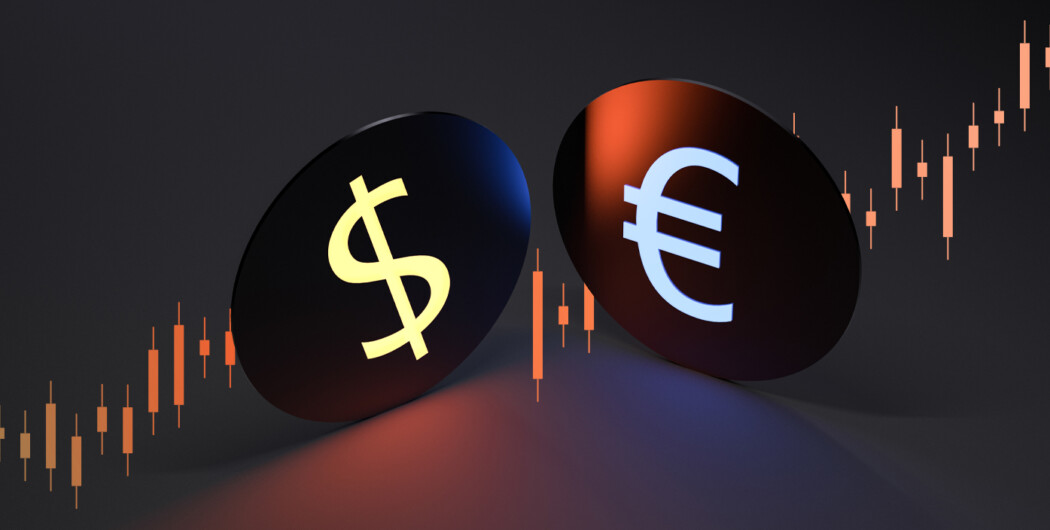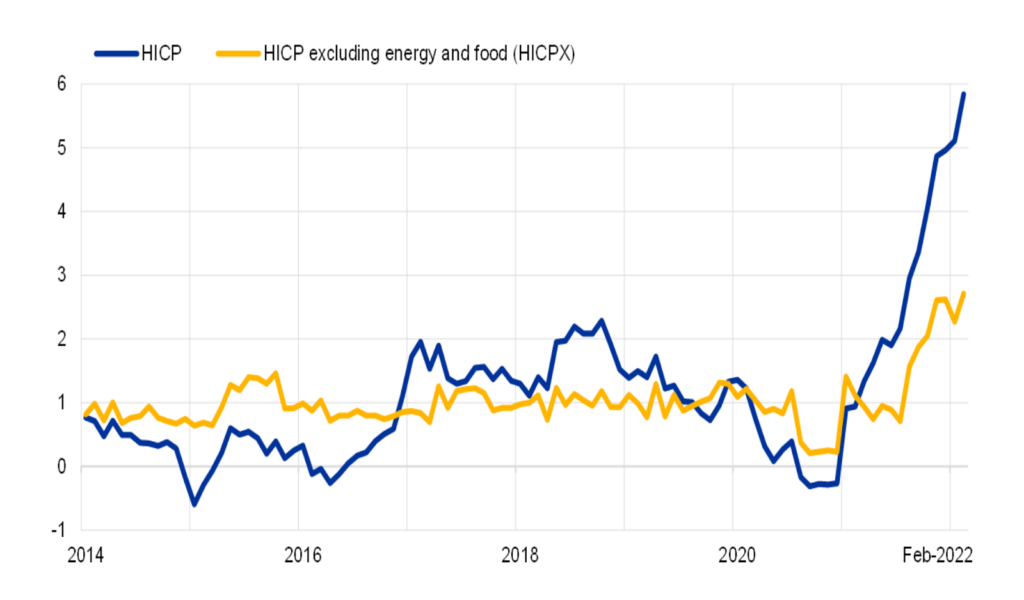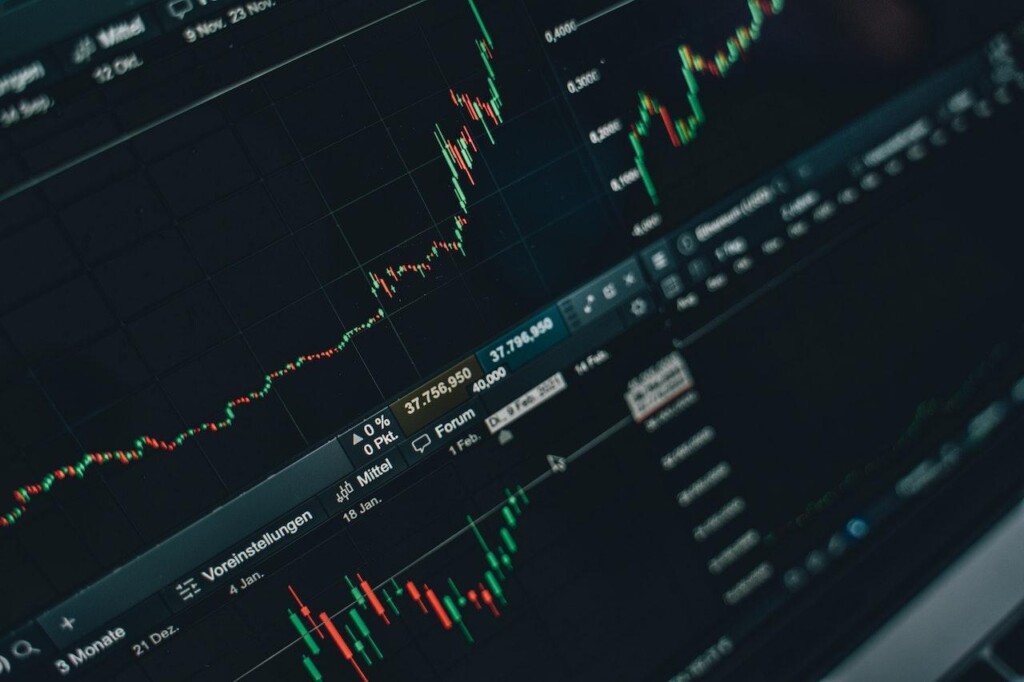

When it comes to talking about trading, there are lots of terms you will come across. As a beginner in the industry, it is easy to get overwhelmed by all the terms. But these terms are a lot easier than they appear. The euro-dollar Hedge Ratio is a perfect example. You might have come across this term and wondered what it is all about and how it works. If this is you, then you have come to the right place. This guide will elaborate on what it is, where it comes from, and how it works.
What is the Euro-Dollar hedge ratio?
To help you understand the euro-dollar Hedge ratio, we must take you back to the conclusion of 1915 when it all began. The quantity of US dollars deposited outside the US during this period was considerably high. Some factors responsible for this were the substantial importation to the US and the economic aid to Europe.
So, the euro-dollar Hedge ratio compares the notional amount of the Euro-dollar flow to the notional amount of the underlying deposit. For those who don’t know what currencies are, they are investment vehicles that allow investors to lock the price of physical assets at some point.

The euro-dollar Hedge ratio is an instrument that can help investors speculate on changes in interest rates. The best part is that one can use it to predict up to three months of the US dollar-denominated deposit held in banks outside the US.
How does the Euro-Dollar hedge ratio work?
The working principle of the euro-dollar Hedge ratio is simple. The interest rate benchmark reflects the cost of borrowing US dollars to the Euro at a specific period. The main aim of this hedging ratio is to reduce the amount of exposure to the interest rate. And to achieve this, it offsets the position’s value with an opposite change in the value of the Euro-dollar position.

In essence, if you want to calculate the euro-dollar hedge ratio, it will simply be the ratio of the face value of the position being hedged with the face value. For example, if the face value of the position beginning hedged is $30 million, and the face value of the Euro position is $1 million. The hedge ratio would be 30:1. While it is a great tool, it is essential to know that it is subject to changes over time.
3 Strategic ways to use the euro-dollar hedge ratio;
1. The 2:1 hedgehog effect
Using the euro-dollar hedge ratio is pretty straightforward, but first, you must determine the hedge ratio. You can calculate by finding the ratio of the face value of the position behind the hedge with that of the euro-dollar. Note that the hedge ratio can be expressed as whole numbers, as in 2:1 or 20:1, and so on.
2. The pre-established hedgehog effect
The next thing on your agenda is to establish the hedge. To achieve this, you buy or sell the appropriate number of currencies based on the hedge ratio. If the position being hedged is long, the hedge would involve selling long. On the contrary, if the position being hedged is short, the hedge would involve currency straddle positions.
3. The adjustable hedgehog effect
Finally, you must regularly monitor the hedge as it is prone to change with time. By tracking the hedge, you can periodically adjust it as needed to ensure it effectively reduces exposure to interest rate risk. It may involve selling and buying additional euro-dollar currency or adjusting the hedge ratio as the value of the position changes.

Conclusion
Overall, the euro-dollar hedge ratio is a statistical reference used by traders and investors to protect against the adverse effects of changes in interest rates on their financial positions. It offsets the changes in the value of their position with the opposite changes of the euro-dollar. With this ratio, investors and traders can reduce their exposure to interest rate risk and help them achieve a more stable and predictable return on their investment.








